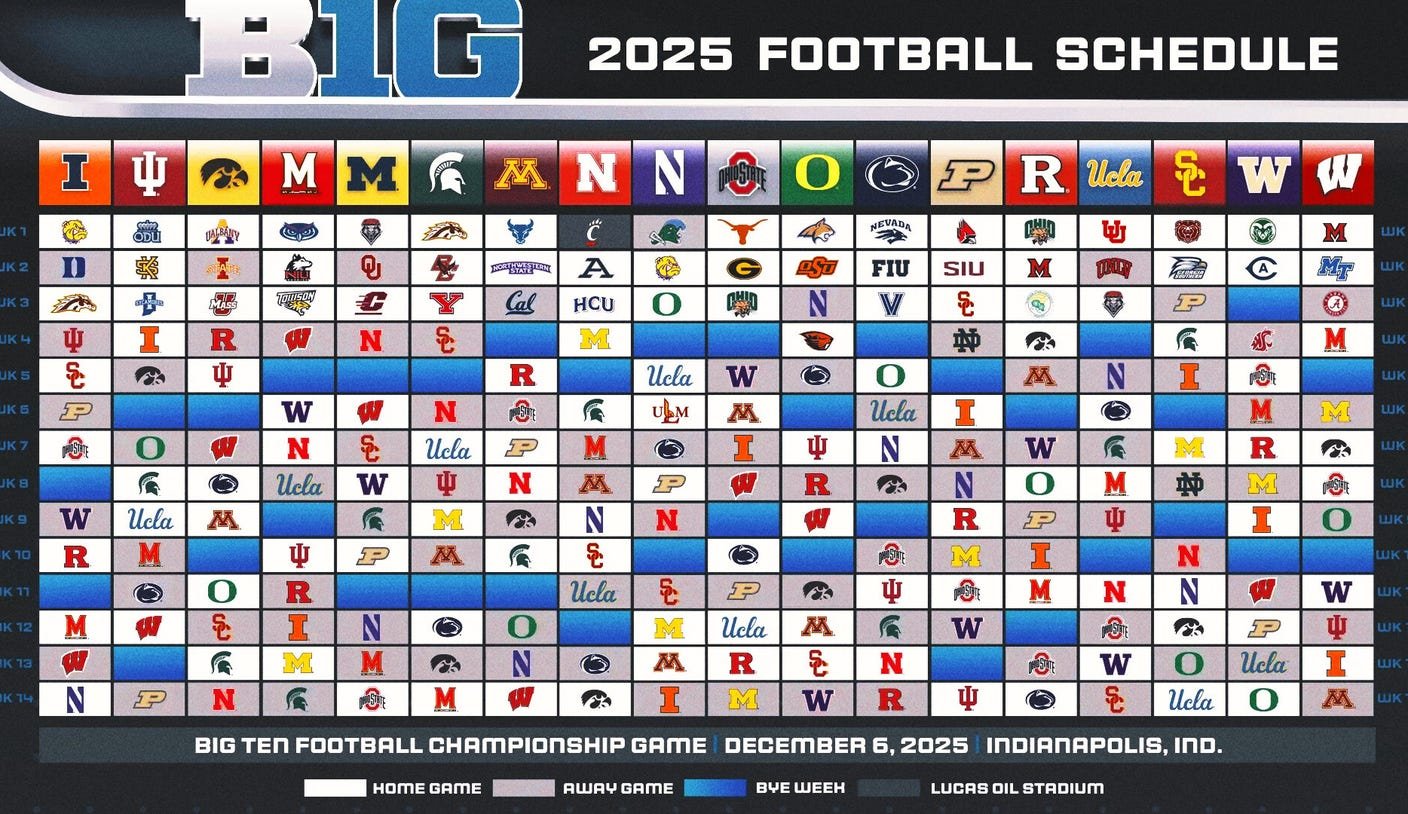The 12-team College Football Playoff has finally arrived, promising a new era for college football enthusiasts.

Here is a proposed plan to enhance the College Football Playoff!
1. Establish a Scheduling Committee
With the elimination of divisions in every power conference, the top two teams based on conference records advance to the title game. However, fewer conference games increase the likelihood of ties. For instance, in the SEC, a late-season scenario had eight teams potentially tied for first place, highlighting the issues with imbalanced schedules and unequal tiebreakers.
This imbalance has had varying impacts on teams. For example, Penn State faced only Ohio State among the other playoff contenders in the Big Ten, leading to a loss. Conversely, Ohio State squared off against all three other playoff teams from the conference, finishing with a 2-1 record. Indiana, having played just one playoff opponent, missed the Big Ten title game due to tiebreakers, raising questions about the fairness of the rankings.
2. Implement Reseeding After the First Round
Oregon, led by Dan Lanning, earned the No. 1 overall seed, but their reward could be a challenging path through teams like Ohio State, Texas, and Georgia to claim the national championship. Despite an undefeated regular season, the current format could force Oregon to face three of the top contenders.
This situation illustrates how the committee’s ranking methods can disadvantage teams like Oregon, while allowing others, like Penn State, a seemingly easier route to the semifinals by defeating lower-ranked teams.
The manipulation of rankings to avoid penalizing conference championship game losers undermines the integrity of the playoff system. A reseeding process after each round could address this issue, but it may not fully alleviate the challenges faced by teams like Oregon in the current bracket.
Future Expectations for the CFP Bracket
The individuals likely to feel the most frustration are SEC commissioner Greg Sankey and Big Ten commissioner Tony Petitti. Their conferences are heavily impacted by the current ranking manipulations.
Sankey may be particularly exasperated that the SEC only secured three bids to the playoff, believing the conference deserves more representation. He might argue that Alabama’s resume was stronger than that of SMU, and Tennessee’s credentials could rival those of Notre Dame and Penn State, yet it faces a more challenging path to the title.
Petitti likely shares this sentiment, especially since his conference champion was assigned a difficult matchup among the top four seeds. He may question the rationale behind artificially adjusting seeds to preserve the value of conference championship games.
As both commissioners push for change, it is anticipated that by 2026, the format will evolve to a 14-team field, with the SEC and Big Ten receiving more byes. Reseeding in the second round may also be introduced to reward the best regular-season teams.
This situation isn’t a reflection of any team’s shortcomings. The focus here is on Oregon, which faced an unusually tough road due to the committee’s decisions.









